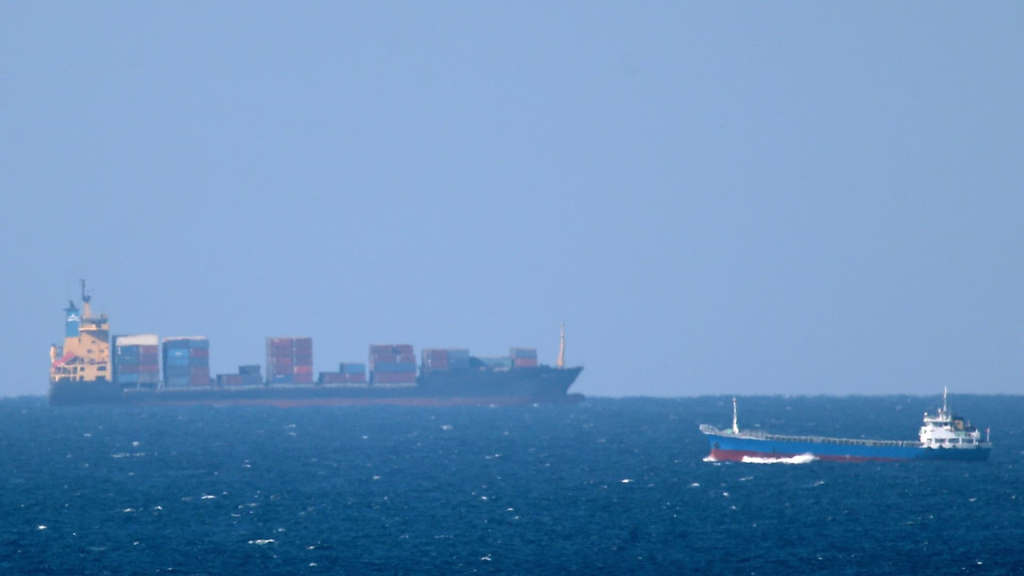BEIJING — Despite rising tensions in the Middle East, business leaders in China maintain a positive outlook on opportunities within the region.
According to estimates from Bear Huo, general manager at FundPark—a fintech startup that provides loans to small Chinese businesses selling internationally—shipments from China to Dubai’s logistics hub have surged by 20% this month compared to last year. This demand is driven by local stockpiling of batteries and essential goods.
“Overall, Chinese merchants hold a relatively optimistic perspective,” Huo stated in Mandarin during a recent interview, as reported by Finance Newso. He attributed this optimism to the Middle East’s emergence as a rapidly growing market.
In recent years, Chinese companies have increasingly focused on the Middle East, seeking to secure investment from local sources and explore markets for electric vehicles, particularly amid ongoing trade tensions with the United States. Notably, Beijing played a role in facilitating the restoration of diplomatic relations between Riyadh and Tehran earlier this year.
Huo remains hopeful that the escalating tensions between Iran and Israel will be resolved shortly, noting that U.S. military actions have been targeted at specific strategic locations, unlike the broader conflict observed in Ukraine.
However, challenges persist, as Dubai’s port is situated just across the Strait of Hormuz from Iran. Shipping operations are reported to be moving at a slower pace, and flight frequencies have diminished, according to Huo. He explained that while his company does not conduct direct business with Iran due to sanctions, the destination of products after reaching Dubai remains unclear.
China’s Ministry of Foreign Affairs has expressed a strong condemnation of recent U.S. attacks on Iran, calling for an immediate ceasefire among all parties involved.
Trade data from customs indicates a significant decline in China’s commerce with Iran over the past two years, a move that has left Iran—heavily impacted by U.S. sanctions—reliant on purchases from Beijing.
“Stability in the Middle East is in China’s economic and strategic interests,” remarked Yue Su, the principal economist for China at the Economist Intelligence Unit. She suggested that Beijing aims to position itself as a constructive global power contributing to stability.
Chinese businesses are expected to proceed with caution when engaging with Iran, mindful of the potential for secondary sanctions, as highlighted by Su.
State television in China interviewed citizens expressing gratitude for Beijing’s efforts in evacuating them from Iran amid the turmoil.
While U.S. citizens face stringent travel warnings regarding Iran, Chinese nationals have recently enjoyed the privilege of visa-free travel to the country for tourism and business purposes. The Chinese Embassy reported that most of its citizens in Iran have been evacuated successfully.
If the current escalation in tensions leads to a relaxation of U.S. sanctions on Iran, significant interest from Chinese businesses is anticipated in sectors such as tourism, real estate, and infrastructure development, stated Qin Gang, the founder of a Beijing consultancy named Ode & Song Cultural Industry.
Gang recounted his previous visits to various cities in Iran back in 2013, facilitated by Mahan Air, an Iranian private airline.


























